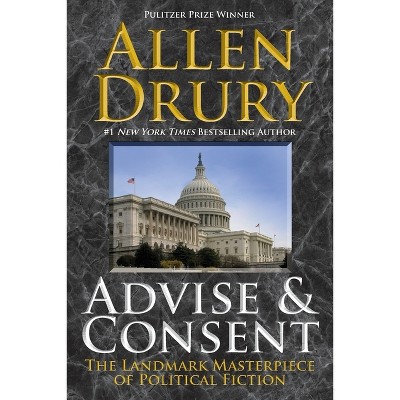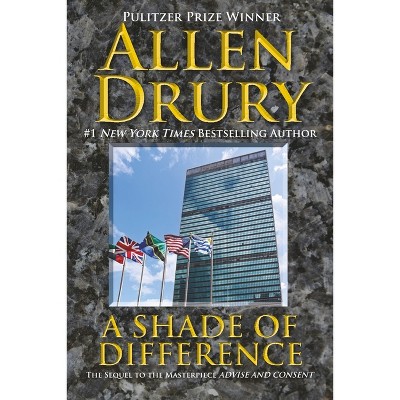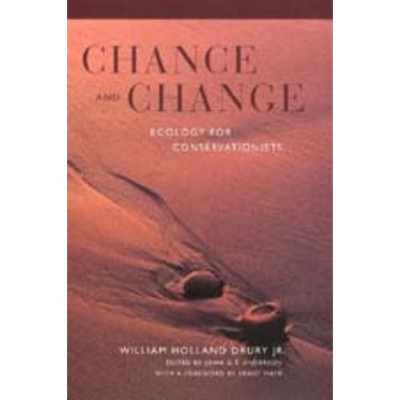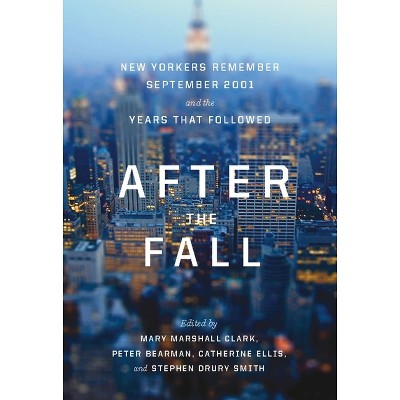Sponsored

Chauvinism of the West - by Shadia B Drury (Hardcover)
In Stock
Sponsored
About this item
Highlights
- This book is a critical exploration of the intellectual foundations of American foreign policy on the left and the right.
- About the Author: Shadia Drury is Professor Emerita at the University of Regina, and was formerly the Canada Research Chair in Social Justice.
- 273 Pages
- Political Science, American Government
Description
Book Synopsis
This book is a critical exploration of the intellectual foundations of American foreign policy on the left and the right. The left is inspired by Immanuel Kant's idea that spreading democracy is the key to universal peace. The right is inspired by the realism of Thucydides, Leo Strauss, and Carl Schmitt. The emphasis is on military power as a sign of superiority and a means to survival. For the right, spreading democracy is merely a ploy for building a global commercial empire to rival the British. Drury gives reasons for rejecting both as manifestations of the chauvinism of the West.
From the Back Cover
Ever since the triumph of Christianity over Roman civilization, the cyclical view of history was replaced with a conception of history as the unfolding of a grand plan. Far from rejecting the tropes of Christianity, Enlightenment philosophers presented them in a secular guise by providing intoxicating accounts of the West as lifting humanity out of its primitive slumber and leading it toward freedom, self-government, and self-actualization. This grand narrative is at the heart of American exceptionalism. At the end of the Cold War, when the United States emerged as the sole superpower, she started to think in terms of her exceptionalism. This pseudo-theological thinking led her astray. This book is a critical analysis of the political theories that have contributed to the blunders of American foreign policy since the end of the Cold War.
Drury argues that liberal foreign policy, rooted in Kantian philosophy and focused on spreading democracy is misguided because democracy does not necessarily bring liberty, and because American liberal democracy is not fit for export. Meanwhile, Drury also criticizes neoconservative foreign policy for emphasizing military prowess as the sign of superiority and the means to survival. The most influential neoconservatives of the G. W. Bush administration regarded the terrorist attacks of 9/11 as the perfect opportunity for creating a global commercial empire that would rival the British. The Trump presidency facilitated the shift of neoconservatism from the globetrotting imperialism of Donald Kagan to the inward-looking religious ethnonationalism of Leo Strauss and his mentor Carl Schmitt. Drury rejects both liberal and neoconservative foreign policy as manifestations of American exceptionalism and the chauvinism of the West.p>
About the Author
Shadia Drury is Professor Emerita at the University of Regina, and was formerly the Canada Research Chair in Social Justice. She has been a regular op-ed contributor to Free Inquiry since 2003.
Shipping details
Return details
Trending Non-Fiction











